Frequently Asked Questions
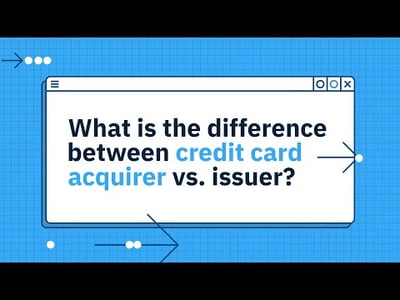 Chargeback Terminology
Chargeback Terminology
What is the difference between credit card acquirer vs. issuer?
The credit card issuer is the cardholder's bank while the credit card acquirer is the merchant's bank. These two banks work together to facilitate payments that utilize payment cards.
 Chargeback Terminology
Chargeback Terminology
What is the difference between a chargeback vs. a reversal?
A reversal is a general term for a returned payment. Chargebacks are one form of reversal, as are refunds. Chargebacks are involuntary reversals while refunds are voluntary reversals.
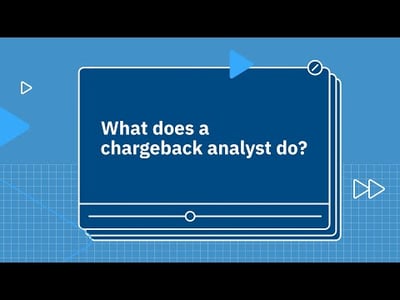 Chargeback Management
Chargeback Management
What does a chargeback analyst do?
Chargeback analysts may provide a number of different services, including responding to chargebacks and alerts, pursuing representment, and analyzing a merchant's chargebacks in order to provide recommendations for reducing them in the future. Whether or not a merchant finds these services worthwhile depends on the cost of the chargeback analyst, the amount of money saved by their efforts, and whether or not the merchant feels capable of performing those tasks themselves. The proper chargeback tools may allow some merchants to keep chargeback analyst efforts in-house.
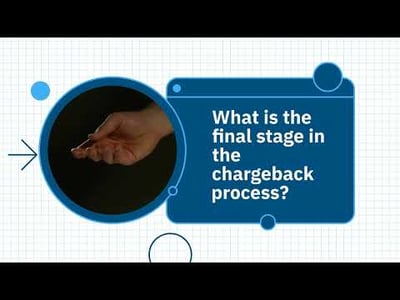 Chargeback Representment
Chargeback Representment
What is the final stage in the chargeback process?
The final stage in any particular chargeback depends on the circumstances of the chargeback and the decisions made by the parties to the chargeback. That being said, the final possible stage in the chargeback process is an arbitration decision rendered by the card network.
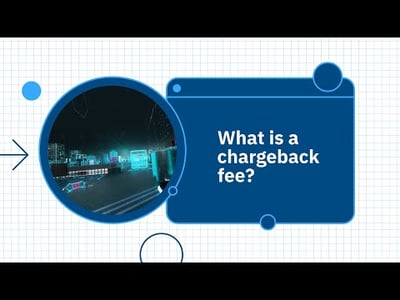 Chargebacks
Chargebacks
What is a chargeback fee?
Chargeback fees are charged to the merchant by their acquiring bank in order to cover the administrative expenses associated with chargebacks. These fees are usually between $20 and $100 per chargeback. Chargeback fees are not recouped by merchants if they successfully dispute the chargeback.
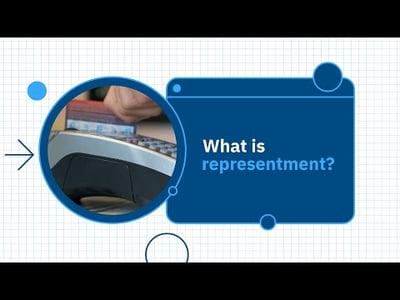 Chargeback Representment
Chargeback Representment
What is representment?
Representment is the process that allows merchants to dispute chargebacks. It allows the merchant to provide evidence to prove the validity of the chargeback and, if successful, recover the revenue that had been revoked as a result of the chargeback.
 Chargeback Terminology
Chargeback Terminology
What is a high-risk merchant account?
A high-risk merchant account is a merchant account associated with a business that is at elevated risk for chargebacks. Often this is less about the business practices of the particular merchant and more about the tendencies toward chargebacks inherent in their industry.
 Chargeback Terminology
Chargeback Terminology
What does "dispute transaction" mean?
"Transaction dispute" is another term for a chargeback.
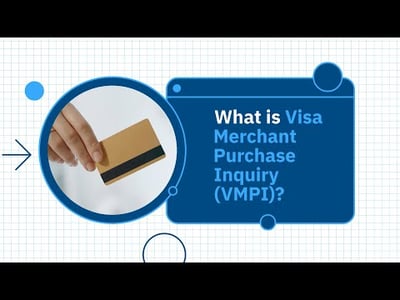 Chargeback Prevention
Chargeback Prevention
What is Visa Merchant Purchase Inquiry (VMPI)?
Visa Merchant Purchase Inquiry is a tool that has been reconstructed and rebranded as Verifi Order Insight. Order Insight is a tool that integrates with top credit card issuers’ systems and allows all parties to access the relevant order details, resolving disputes before they become chargebacks. The information that Order Insight collects includes the date of purchase, the device used to process the purchase, merchant name and contact info, and details and descriptors for the purchased item or service.